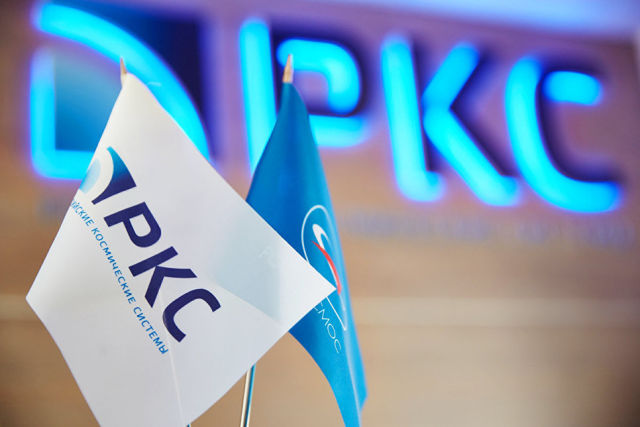Moscow. September 30th. INTERFAX - A new generation on-board search and rescue radio complex (BRCS) for the mid-orbital Russian segment of the international space system COSPAS-SARSAT was developed by specialists of the Russian Space Systems Holding (RCS).
"Now the equipment will not only deliver operational information to the rescue services of the world about the exact location of aircraft, ships and people in distress, but also via a new feedback channel will inform that the signal has been received and help is on the way," the RCS press service said.
The rescue radio complex developed in the RKS is installed on upgraded navigation satellites of the GLONASS system, according to a press release.
"In addition to the regular relay channel, which transmits data from the emergency beacon to the COSPAS-SARSAT system, the radio complex received a new data return channel - the "handshake" channel. Russian ground-based technical means will be able to transmit to the on-board equipment a confirmation of the receipt by the COSPAS-SARSAT system of the signal of a radio beacon equipped with the GLONASS receiving navigation equipment," the RKS informs.
The onboard radio complex will further ensure the transmission of this confirmation in the data array of the standard navigation signal, which will be received by the activated emergency beacon. "So the system will let you know that the buoy signal has been "heard" by the COSPAS-SARSAT system, and help is on the way. Such feedback will help to maintain an active psycho-emotional state of those in distress and will reduce the likelihood of rash actions and destructive panic," the report says.
Sergey Bukin, Chief designer of the RKS onboard search and rescue equipment, notes that the specialists of the holding company, which is responsible for industry standards when creating new equipment, "focused on the unification of our solutions." "This approach has shortened the development time, reduced the number of components used, and allowed the use of unified circuit solutions for the installation of our equipment on various space platforms," Bukin said, quoted by the press service.
According to her, unlike satellites in low orbit, a relatively small number of which in the COSPAS-SARSAT system inevitably creates "blind spots" and long (in some cases up to two to three hours) delays in transmitting data to search and rescue services, the remoteness of satellites from Earth at a distance of 20 thousand km and the multiplicity of the grouping allows the new medium-orbital component of COSPAS-SARSAT to cover and continuously receive signals from all over the Earth in real time.
"The international satellite search and Rescue system COSPAS-SARSAT has been successfully helping to save human lives for almost 40 years. Since the launch in 1982 of the first satellite with search and rescue equipment developed by the RKS, more than 50 thousand people have been saved all over the planet with the help of this system," the report says.

